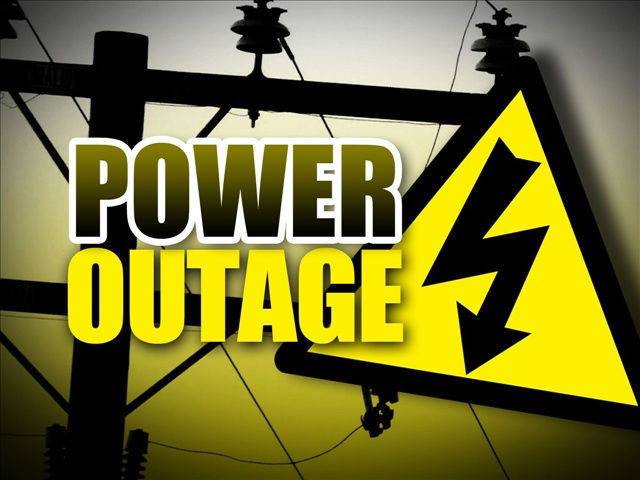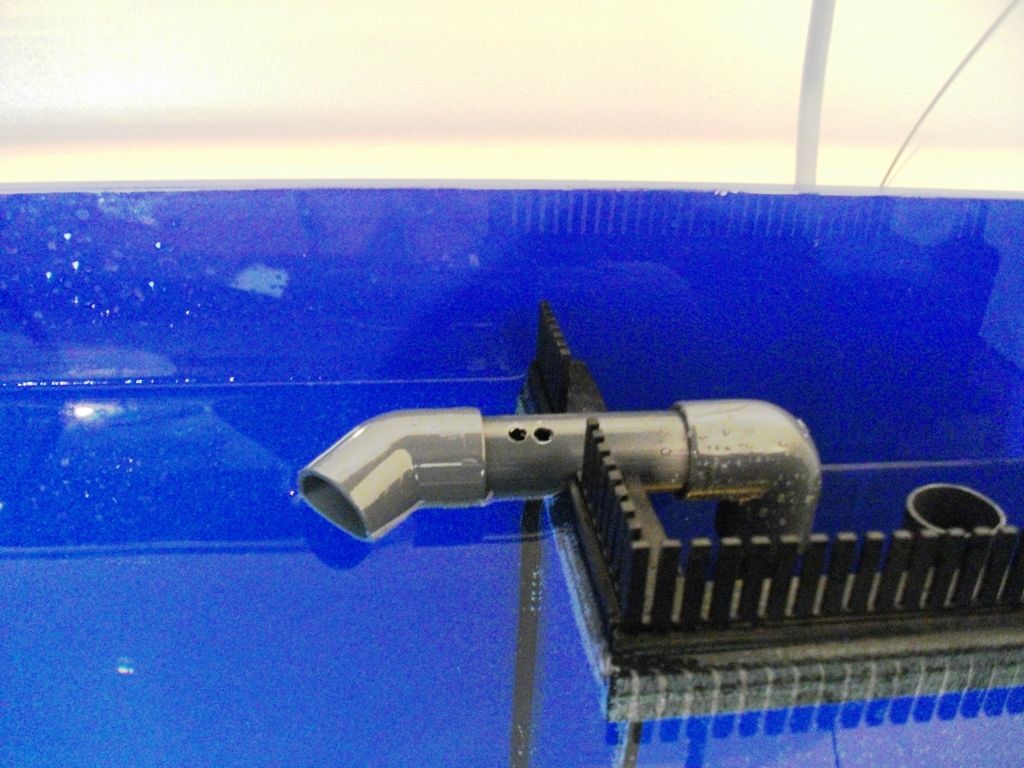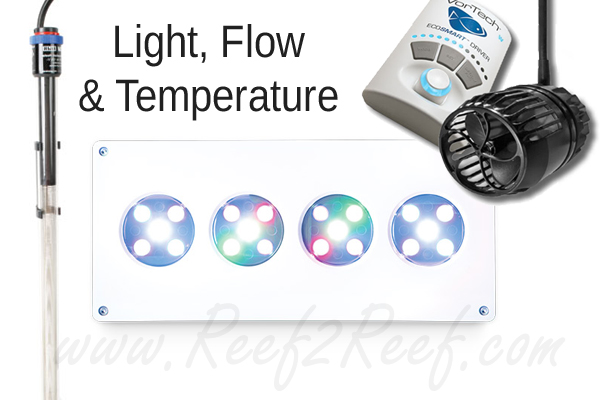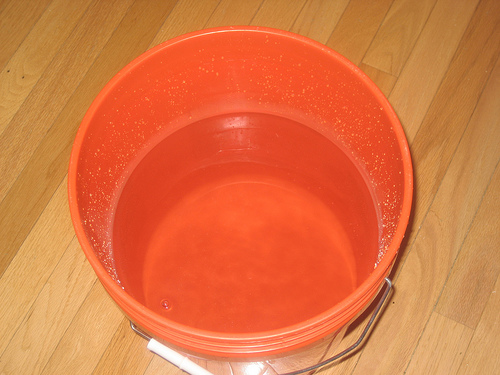Black Ops Reef: How2Deal With An Aquarium Power Outage
You are sitting in your big comfy lazy boy recliner watching “Da Bears” in one eye and your reef in the other. The window begins to shake vigorously as your team is getting creamed like usual, so you assume the booing coming from your surround sound is responsible until a massive bolt of lighting strikes the transformer right outside your window. All of the sudden your house is black, “Da Bears” are off, and you hear a bubbling sound coming from your reef tank followed by loud slurp caused by the siphon from the return lines finally breaking. The house is dark and the water is now stagnant. What do you do?! If you have not planned for a power outage before, this is most likely what will occur to you on a standard Display/Sump setup.

As soon as the electricity shuts off the entire list of equipment shuts off completely. The water drains as far down as the return line’s highest opening is, which without power-out preparation is the outlet. If the outlet is situated low in the tank then the water will drain that far. The sump will fill until the display stops draining. If the sump is small there will be a flood. If 1/3rd of your display tank is drained out onto the floor then it will not be in the system when the power kicks back on, which will cause the sump to run dry. This can damage your return pump or even catch it on fire, along with any other pumps or heaters. Saltwater is highly conductive and corrosive. A cup of saltwater on a wood floor is enough to ruin the finish and even warp the boards in contact. At this point you have to choose between saving your house or saving your fish. I always opt for answer C: save them both, but how can you prevent this disaster in the first place? Without this issue solved you cannot really move on to the next step now, can you?

image via ultimatereef.net
The best way to resolve a problem is to never have one in the first place! There are a few fail safes that will help put your mind at ease. Return line check valves, as appealing as they are, often get clogged before they have a chance to be used. Just avoid them, as they only add extra friction. Instead you can drill or poke a hole just under where the water level goes to on the pipe. It should be no smaller than the ink tube inside a standard Bic Pen but should not be so big that it reduces the flow from the outlet. When the power goes out this hole works as a place for air to enter the plumbing, thus breaking the siphon. It helps to have an oversized sump to account for power off water levels, which is a good enough reason in itself to go big. Other than that there is not much else you need to do to prevent a flood in your house. The next step is keeping the tank from dying.

Reef tanks need 3 things to not die: light, circulation, and stable tropical temperature. Light is something that can be shut off for a few days with no problem. Temperature and flow are the main things to keep up with. Heating or cooling water is a matter of floating jugs of hot or ice water in the display tank. NEVER BOIL SALTWATER FROM YOUR TANK. NEVER POUR BOILING WATER INTO A PLASTIC JUG. DO NOT SPILL THE HOT/COLD WATER IN YOUR TANK.
If you are standing around with the jugs you can actually make some killer waves by lifting the jug in and out of the water and is very easy to splash water up out of the tank.

use a bucket or container to dip water out of your aquarium and pour it back in and repeat
A great way to keep flow going in your system is to take a jug or bucket and fill it up with sump water. Pour that into the display tank and watch it go down the overflow. You can do this about 5-10 times every hour or so and be fine for a couple days as long as you are keeping the tank within reasonable temperatures. Wrapping the tank with a blanket will REALLY help with insulating it. If the power is going to be extended for a long time you might have to resort to taking your corals somewhere to sell, trade for credit, or temporarily store if you are lucky enough. This option is still not quite good enough for me.

Preventing floods is one thing, but next you have to prevent power outages. A giant lightning rod is not likely but having a backup generator will pay for itself after its first use when your aquarium is the only light on in your neighborhood after a powerful storm. Battery backups are not as powerful as Gas powered generators. You could run most of a reef tank with gas, though it will be VERY expensive to keep running and most are extremely loud. Sometimes you gotta do what you gotta do though, so make sure to plan your Black Ops wisely. What are some ways you have dealt with various issues in your climate zone? Some of us live in the tropics and deal with heat while others have glaciers in their back yard. Then we have parts of the world that get both extremities. Indiana gets over 100 degrees in the summer and the winters have gotten well below zero. Power outages happen in the summer from storms and in the winter from ice. Stay prepared for the unknown!
